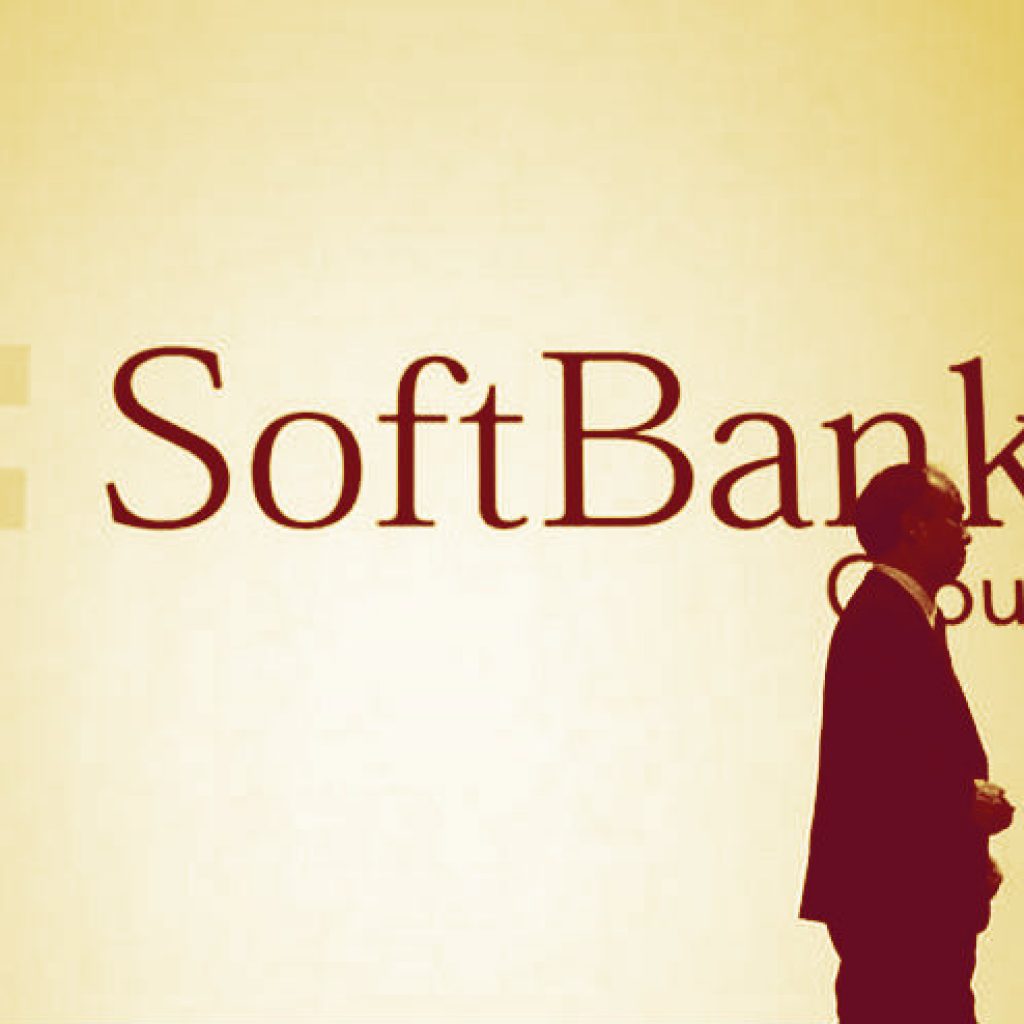
Saudi Arabia and Japan’s SoftBank Group said they will create a technology investment fund that could grow as large as $100 billion, aiming to create one of the world’s largest private equity funds.
The plan is part of a series of dramatic business initiatives launched by Riyadh this year as Saudi Arabia, its economy hurt by low oil prices, deploys huge financial reserves in an effort to move into non-oil industries.
SoftBank’s founder and chairman Masayoshi Son, who has built his company into a $68 billion telecommunications and tech investment behemoth from a $50,000 start-up, has been seeking to expand in new areas.
The Public Investment Fund (PIF), Saudi Arabia’s top sovereign wealth fund, is set to be the lead investment partner and may invest up to $45 billion over the next five years while SoftBank expects to invest at least $25 billion, the Japanese company said in a statement.
Several other large investors are in talks on their possible participation and could bring the total size of the new fund up to $100 billion. The investors were not identified.
“With the establishment of the SoftBank Vision Fund, we will be able to step up investments in technology companies globally. Over the next decade, the SoftBank Vision Fund will be the biggest investor in the technology sector,” SoftBank Chairman Masayoshi Son said.
The fund would be managed in Britain by a subsidiary of SoftBank.
INVESTMENT POWER
Saudi Arabia’s Deputy Crown Prince Mohammed bin Salman, leading an economic reform drive in the kingdom, has revealed a string of high-profile investment plans this year.
He has said he aims to expand the PIF, founded in 1971 to finance development projects in the kingdom and until this year little known abroad, from $160 billion to about $2 trillion, making it the world’s largest sovereign fund.
In June, the PIF departed from Saudi Arabia’s traditional strategy of low-risk investments and took a step into the tech world by announcing the $3.5 billion purchase of a stake in U.S. ride-hailing firm Uber.
The deal illustrated how Riyadh now hopes to use its investments to develop the economy: Uber is a popular form of transport for Saudi women, who are banned from driving, and is creating badly needed non-oil jobs for Saudi citizens.
SoftBank’s tech and telecommunications portfolio ranges from U.S. carrier Sprint to a stake in Chinese e-commerce giant Alibaba.
Its $32 billion purchase of British company ARM in July established its first major presence in chip making, driven by expectations for a shift to the so-called “internet of things” – networks of connected devices, vehicles and sensors.
Son said earlier this year that he wanted to “cement SoftBank 2.0” by working on unconventional ideas.
